British technology startup Viritech has revealed plans to launch a new limited edition, hydrogen-powered hypercar, called the Apricale.
The Apricale will be a hydrogen fuel cell alternative for the pure-electric Lotus Evija and the upcoming Tesla Roadster, although it’ll be considerably more exclusive than its rivals. Production will be limited to just 25 cars.
Viritech has made its home right here in the UK. It will run development and testing on the Apricale’s platform and powertrain at the MIRA Technology Park in Nuneaton, for the next two years. The first Apricale prototypes will appear in 2022.
Specifications for the Apricale are yet to be confirmed, but the company has said the car will “challenge the world’s fastest battery hypercars.” So a power figure surpassing 1,000bhp and a top speed in excess of 200mph could be on the cards.
Production of the Apricale is due to start in 2023, with the company targeting an annual sales volume of between eight and 12 vehicles. That might seem a little low, but the brand has focussed its ambitions on much more than just selling hypercars.
Viritech is using the Apricale as a technology showcase, with the ultimate aim of becoming the “world’s leading supplier of hydrogen powertrain solutions.” Eventually, the company plans to sell its storage tanks, control units and powertrains to OEMs across every sector of the transport industry, in automotive, marine and even aerospace applications.
The brand will finalise the design of its lightweight hydrogen storage tanks, complete the development of its hydrogen vehicle control systems while piecing together a production line for the Apricale.
Viritech has developed a new type of hydrogen storage tank made from graphene, which acts as a stressed member in the car’s chassis, helping to reduce the vehicle’s weight and improve performance.
Viritech is also developing a new, modular vehicle control system to be used in not just the Apricale hypercar, but also any piece of hydrogen-powered machinery, including boats, aircraft, power stations and off-grid energy storage systems.
The Apricale isn’t the only automotive project Viritech has planned. It has started development of a new hydrogen-powered HGV and a family SUV, both of which will feature the same structural hydrogen storage tanks and control system.
The HGV is called the Jovian. Viritech says its hydrogen system makes far better sense in this application than a battery-electric powertrain, due to the potential weight savings.
To maintain the same performance as a diesel-engined truck, Viritech says, an electric HGV could need up to nine tonnes of battery capacity, which ultimately limits the amount it can haul. Viritech claims its hydrogen powertrain is a comparable weight to a diesel engine and offers comparable refuelling times.
Viritech’s concept for a family SUV is called the Tellaro. It’s being used as an example project for OEMs to show how a hydrogen SUV could be taken from concept to market, using the same hydrogen powertrain as the Apricale hypercar.
Now read all the latest news on the second-generation Toyota Mirai…
from Sitewide RSS feed https://ift.tt/3t0WdUO
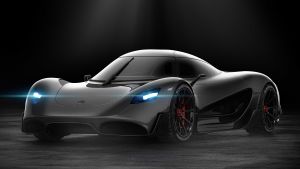
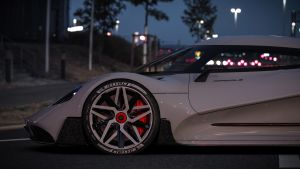
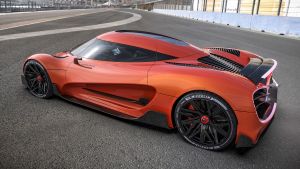
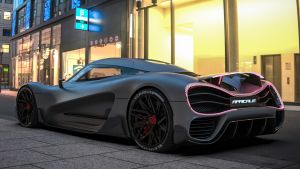
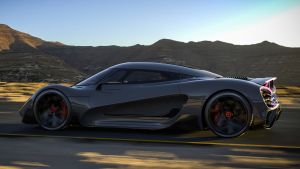
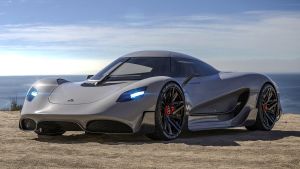
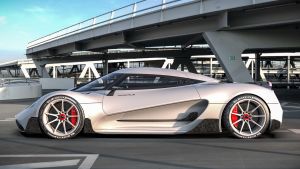
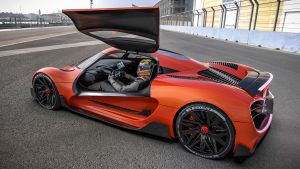
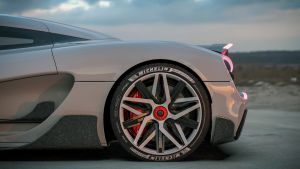
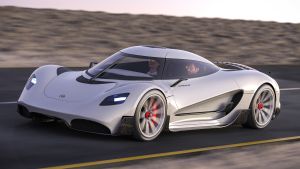
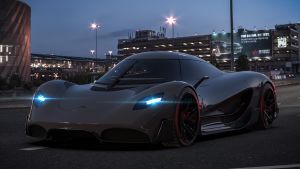
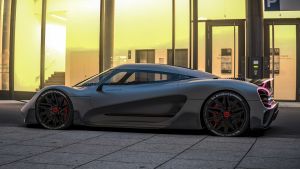
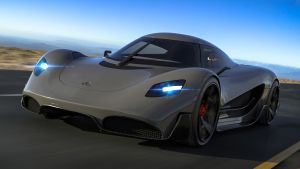
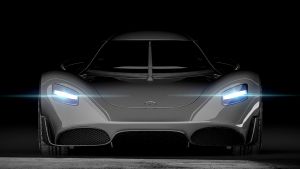
No comments:
Post a Comment